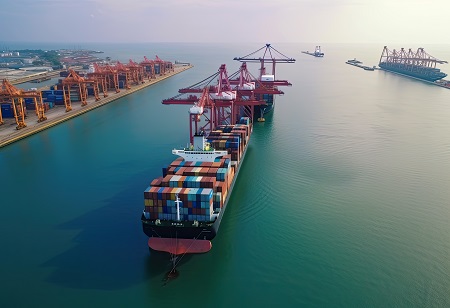
Indian refiners are expected to increase their oil imports from the Middle East, Africa, and the Americas as new U.S. sanctions on Russian oil producers and shipping companies constrain Moscow’s ability to supply its top customers. This shift is likely to drive up global oil prices and freight costs, according to industry analysts and traders.
The U.S. Treasury announced sanctions on Russian producers Gazprom Neft and Surgutneftegas, along with 183 vessels that have been transporting Russian oil. These measures aim to restrict the revenue streams Russia has been using to fund its war in Ukraine. Many of the sanctioned tankers had been supplying oil to India and China, following earlier Western sanctions and a Group of Seven price cap that redirected Russian oil exports from Europe to Asia.
The new sanctions are expected to severely impact Russian oil exports. Chinese independent refiners, in particular, may need to scale back their refining operations due to the reduced availability of Russian crude, according to sources familiar with the situation. These disruptions have already influenced global oil markets, with Brent crude prices climbing above $81 per barrel, the highest in months.
The restrictions target a significant portion of Russia's shipping capacity. Of the newly sanctioned vessels, 143 oil tankers handled over 530 million barrels of Russian crude in 2022, representing about 42% of the country’s total seaborne exports, according to Matt Wright, Kpler’s lead freight analyst. Around 300 million barrels of this oil were shipped to China, with much of the remainder going to India.
The reduction in the fleet of ships capable of transporting Russian crude is expected to drive freight rates higher. This development, coupled with the need for alternative supply sources, underscores the broader impact of the sanctions on global energy markets.
We use cookies to ensure you get the best experience on our website. Read more...